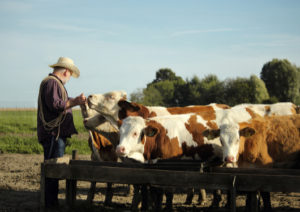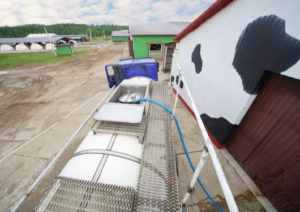California's Salmon Industry Fears It Will Be Wiped Out by Trump
Heather Sears has been fishing for salmon out of this unassuming coastal community for nearly two decades. This year, for the first time since she arrived in 1999, she won’t be going out to sea.
Read More













